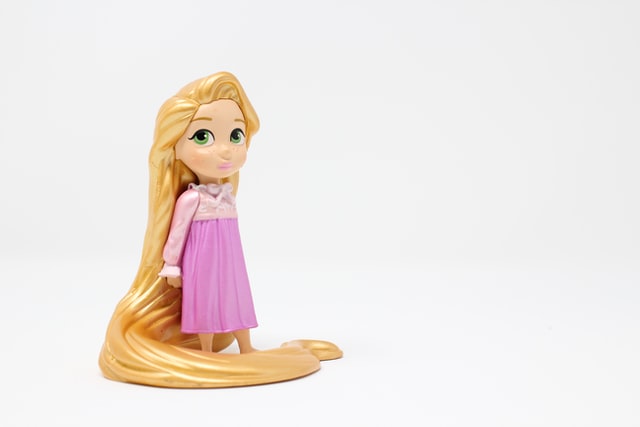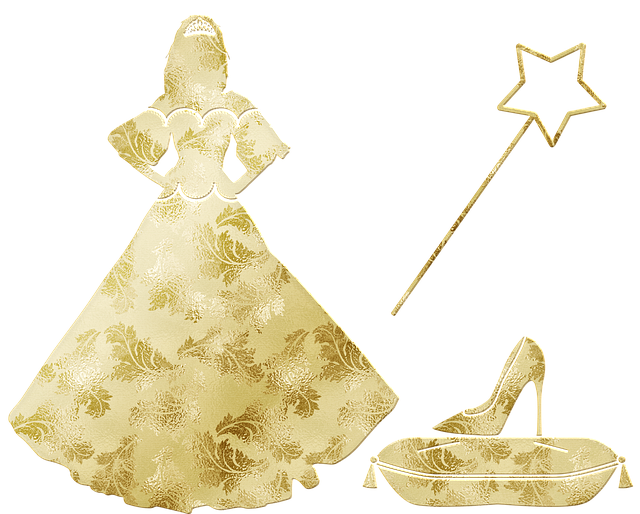Robin Klein’s Amanda depicts a universal picture of parenting challenges towards a daughter. Wonderful metaphors, intellectual usage of Rhyme Schemes: diametric for both mother and daughter & lucid contrast of opinions in the poem are enchanting for the reader. But it raised a valid question about parenting flaws, “Was Amanda a difficult girl to handle?”
Amanda is a poem with twenty-five lines in which each of the 4 stanzas spoken by mother follow AABA rhyme pattern while each of the 3 stanzas spoken by Amanda follow AAA rhyme pattern.
Amanda is a true representative of all teenage girls in this world. She is neither a victim of authoritative parenting nor a rebellious voice of all teenagers. This character psychoanalyzes the transitional phase of becoming an adult from an innocent childhood.
Parenting is always a difficult task. It has no universal rules that can be applied to each parent across the globe. To raise a child is an uninterrupted psychological war in which parents often win with their authority.
Read More: Redefining NRC & CAA 2019
An elaborate and well-researched analysis by Ajay Lilrain
When Almitra asked about the children, Prophet replied, “You may give them your love but not your thoughts, for they have their thoughts”. Amanda is a transition where love looks like authority and thought appears as love.
Individuality and Society are very inter-connected terms because one needs to compromise individuality over society or society over individuality. Infringe I say, the concept of society originated when individuality failed to deliver security, honor, resources and capabilities for earthly survival.
At one point of time in parenting, the individuality of a child is nourished and treasured but at another point in time, social obligations, duties and decorum became priorities. Child & more specifically a girl child can never understand that transition.
Read More: Rape will be common soon
An Article by Ajay Lilrain
Mother suggests Amanda not to hunch her shoulders, to avoid slouching and to sit straight is symbolic. Amanda is a growing girl and she is expected to carry her feminism, formality and propriety of manner. Amanda is not aware that: –
- Her slouching can invite eve-teasers.
- Her body is a treasure that needs to be protected.
- Her hunched shoulders are inversed to feminist imagery.
Mermaid
Consequently, Amanda in her fantasy world imagined herself a mermaid who alone drifts blissfully in the vast blue sea. There is a conversation of reality with a virtual fantasy world. Robin Klein cleverly used the metaphor mermaid because: –
- It symbolizes sacred feminine like calypso [Sea Goddess] or Venus [Goddess of love]
- It cannot be tamed.
- They are with fierce individuality.

Hence we cannot leave the words spoken by Amanda as informal or ordinary. It has a loud psychological meaning. Amanda is defensive for her individuality, rules out each strain of norms, rules or suggestions.
Hormonal changes, behaviour problems in teenage, socio-economic problems and absence of good parenting ways make the matter complicated. Amanda does not want to be tamed, demands her fierce individuality & the sober childish temperament intact.
In the next stanza, the mother looks concerned for cleanliness. She suggested finishing her homework and also asks the reason for her untidy room. She also motivates her to clean her shoes.
Women are always expected to be a prime responsible person for all cleanliness & other domestic works. They are responsible for every minute of domestic wellness. They are not supposed to be unreliable on this front.
But Amanda’s sentence, “I pattern soft dust with my hushed, bare feet”, rules out every norm of responsibility towards cleanliness. She is ready to be an orphan with sweet freedom and golden silence.
Orphan
Specifically in children literature, orphan characters are very common. Cinderella is an orphaned child who later becomes a queen by marrying her prince charming. Such characters are more composite, self-contained with an interesting and adventurous life.
‘A child is happy to be an orphan’ is an utmost neglecting attitude towards suggestions by parents. Parents often register complaints difficulty handling children probably in their teenage & reason is simple: difficulty to cope transitional phase of children.
In continuation, the mother in a more authoritative mood ordered Amanda to look towards her while she is saying something. She stops Amanda from eating chocolates and reminds her acne due to the over-eating of chocolates.
This is another feminist imagery to look beautiful with elegance. Foremost necessity is a physical beauty to rule over the world. Jane Eyre, Beatrice in Shakespeare’s ‘Much Ado About Nothing’, Elizabeth Bennet in ‘Pride and Prejudice’, Helen of Troy and many more – beauty speaks volumes.
When a beautiful woman is next to you, her grandeur always dominates against her character, wisdom or quality. Mother wants Amanda desirable in each aspect of life.
Rapunzel
Amanda wishes to be like Rapunzel – kidnapped by a witch after her birth, a beautiful princess with long & magical hair, spent her life in a tranquil tower. Indeed this character is much debated in English literature for her characterization but her reference in Amanda is perfect.

Rapunzel cut her hair, the precious possession of her life, just for her love. She wanted to explore the world outside her tranquil tower and the Prince whom she considered to be in love with is a perfect person to fulfill her long desire.
Amanda is not keen to abandon her precious childish possession to anybody. Considering herself in place of Rapunzel, Amanda seems not interested to leave her tranquil tower. Her approach is quite lucid to convey her mother not to interfere in her mannerisms whatsoever she is engaged with.
Parenting has tough decisions to take, irrespective of the unwillingness of child, a few things are important to teach. Amanda’s mother has nothing to do with her mannerisms. In the last stanza of the poem, her mother continues to guide her not to be moody and sulky.
After this stanza, the poem ends. Amanda is now not interested at all to say anything. This is the last stage when words become silent. She chooses the way of not listening to her mother. She has no intention to comprehend the teachings and suggestions provided by her mother.
No woman can be moody – it can spoil relationships. She should surrender herself always for the sake of others. A woman should be ready always for any immediate work in the family. A woman must have traits like submission, obedience, patience and sacrifice.
Rapunzel & Cinderella-like character projects in our mind that only a prince charming and marriage is the only key to her happiness. There is a character ‘Little Mermaid’ who gave her a beautiful voice just for the sake of a man.

Since the childhood of a girl, parents try to infuse such human traits into the innocent mind of the daughter. Attempt of Amanda’s mother is only to make her child obedient, submissive, patient and ready to sacrifice her moods.
If we analyze women characters in English literature, the enemy of women is always women; be it the cousins of Cinderella or the mother of Rapunzel. It is necessary to address the cultural ideologies which make woman subservient.
Amanda considers her mother enemy just like all teenage girls think. Amanda is not a tough girl to handle. Parents are confused. When children need guidance, we give them affection but when they need proper affection, we inflict rules over them.
Mridultulika is offering aspiring writers a chance to express themselves with beauty of their words – Contact us







